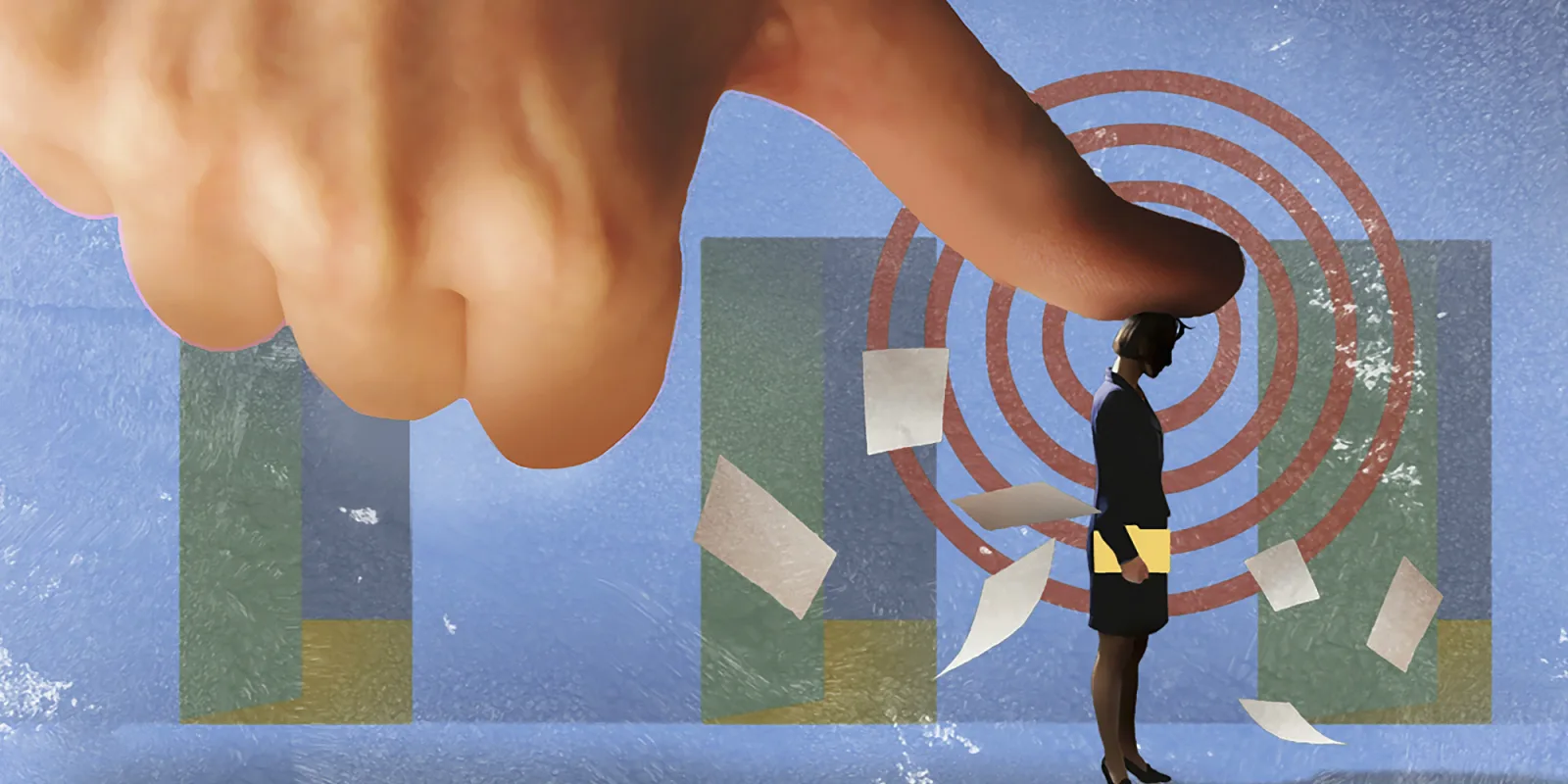
Bitterness is cancer — it eats upon the host. It doesn't do anything to the object of its displeasure. – Maya Angelou
At a recent holiday party, I was talking to a close friend who works at Ivory Tower University, in my field, where I trained. In addition to being a close friend (I introduced this man to his wife), I have always considered him to be my best source for substantive information (and idle gossip) about the goings-on in my old department. I secretly considered him a potential future employer, too, for some theoretical next chapter in my career.
I also knew from recent conversations that he was increasingly unhappy with his practice, but I figured it was the usual doctor bitching. Few of us docs in our 50s are “rainbows and unicorns” happy about our jobs. On this particular occasion, however, he informed me that he had reached the end of the line, and he was plotting his mid-50s escape. In addition to being a world-class and renowned expert in his field, he had been such a great ambassador for his department in the past. Now, there was nothing left but loathing. The negativity, in both his voice and facial expressions, was powerful, overwhelming, and unexpected — but familiar at the same time. Where had I seen such turnabout resentment before? … Oh, yeah, that was me a couple years ago.
A Bitter Pill
Bitterness is an emotion that is increasingly visible in medicine. In this era of endless acronyms, our individual and collective lack of control, and a society that has largely turned on its healers, one can easily understand the waves of resentment that are building amongst physicians. Indeed, pick your poison: EMR, MOC, MACRA/MIPS, abusive administration, insurance company denials, online reviews, entitled patients, less-than-collegial colleagues, declining reimbursement, increasing regulation, increasing documentation requirements, poor leadership, workplace politics,“publish or perish,” medical malpractice threats, large student loan burdens, insert here your “bitter pill” that I have failed to include.
We all deal with one or more of these, daily, and sometimes, multiple poisons at once. It is a wonder, at times, that anyone chooses to continue to work in medicine. “Will the last doc left please turn out the lights?”
But: Bitterness is not productive (see Maya Angelou quote above). Bitterness is a reaction, usually to multiple assaults over time. And, it’s usually pretty obvious when you are bitter, and people around you will sense it. Resentment reflects poorly on you and adds to the negativity of the work environment, a vicious cycle that can contribute even more to your bitterness. And that’s not good for anyone.
Bitterness is not burnout, but they are certainly first cousins and may coexist. The bitter doctor will be focused more on his/her own issues, rather than those of the patient or the organization. No one benefits from burnout, least of all the aggrieved.
The Hospital Will Not Love You Back
When I was in an earlier bitter stage, I felt that my hospital did not appreciate me, that I had given it my blood, sweat, and tears for 20 years, and that I was not treated with the same level of loyalty and value. I felt like a scorned lover. But then a wise partner, one who had a previous life in the U.S. Army prior to going to medical school, recognized this and told me that they have a saying in the Army: “The Army will not love you back.”
And the same is true of the hospital. The hospital will not love you back.
Is Money the Cure?
Maybe. Both my bitter friend and I are financially independent (FI). In other words, we do not have to work — we work because we want to work. If bitterness is creeping into your professional life, it is time to flex the FI muscle and find or create a work life that does not leave that bitter taste in your mouth.
There are other potential cures, too. Often you cannot choose your immediate circumstances, but you can certainly choose to respond to them. If there are tangible things that are inciting your bitterness, perhaps you can strip some of those things away, and maybe the bitterness will be assuaged.
The Take Home
My friend gave notice this week that he will part company with his current position. He has found a new amalgamation of part-time jobs and roles that will allow him to work on his terms, on the clinical work, research, and teaching projects that he values the most. The politics and negativity of the unloving Ivory Tower will no longer be in his life, and hopefully the bitterness will fade.
There are multiple lessons here, from my experience and my colleague’s:
- Bitterness is a common reaction to the numerous, cumulative disappointments of a medical career
- As a wasted negative emotion, bitterness has no redeeming value
- Bitterness is poison to the people around you (at work and at home)
- Maintaining an emotional distance, an arm’s-length relationship, with your employer, your department, your hospital (system), and/or your university (if applicable) may help stave off bitterness
I am no longer bitter. Bitterness can be a temporary state, when expectations are unmet. It usually occurs when the individual has made too great of an emotional investment in his/her career.
In my case, I no longer love my hospital or practice, though I certainly have great fondness for many of the people. I am primarily doing the work I enjoy, mostly on my terms, which we should all strive to do over time.
This guest post, by Vagabond MD, was previously published at The Physician Philosopher.





